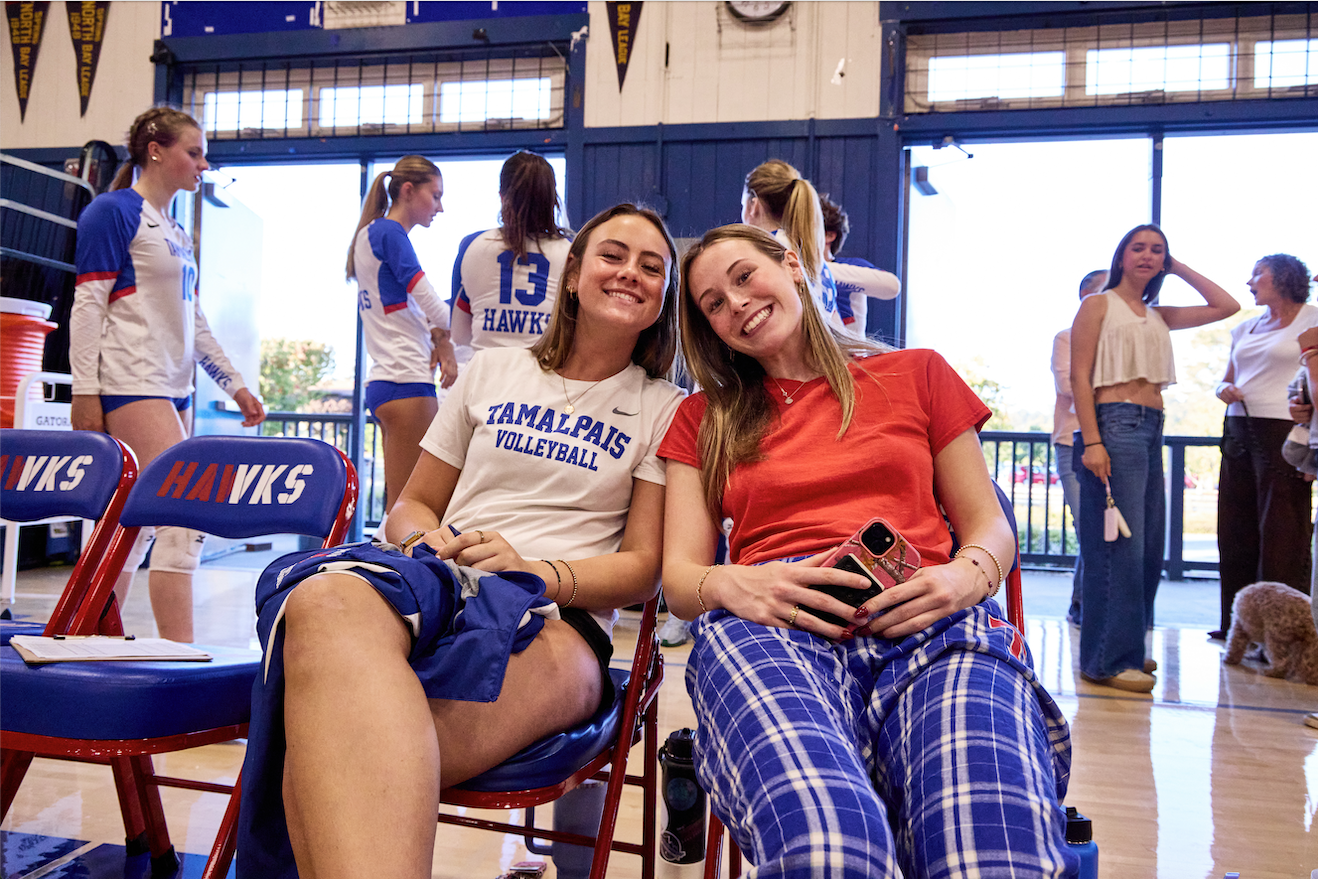As the school year starts back up, we are seeing an increase in sports-related injuries. These injuries affect kids physically and mentally. When injured, taking care of your mental health is extremely important. Payton Russom, a former college wrestler, understands what injured athletes are going through. As Tam’s athletic trainer, Russom talks to athletes every day. “Dealing with injuries is probably more mental than anything.”
In his second year with the school he has noticed certain sports have been hit harder than others. “It’s mostly football,” Russom noted. “Second would probably be women’s soccer, they’re pretty high up there when it comes to injuries.” He explained the importance of the less-talked-about part of his job, “Motivating an athlete, and kind of like being a counselor more than a trainer sometimes, and saying it’ll be okay.”
Battling the mental aspect of injuries is something that many athletes struggle with. A study conducted by the National Library of Medicine found that 22% of hurt athletes reported depression symptoms. Athletes with persistent injuries were up to four times more likely to report mental health symptoms. Half the battle of recovery is making sure to consider your mental health.
Tamalpais junior Avery Blount brings an inside perspective into the injured student athlete conversation. The star volleyball player is currently recovering from an ankle injury suffered on the third day of the season. “I have a full tear in one ankle ligament and a partial tear in the other, and then I sprained my high ankle and partially tore a couple other ligaments.” For Avery, waiting to return to volleyball has been extremely difficult. “The midpoint where I was like, wow, this is never going to get better. It was pretty rough seeing the team move on and realizing how different it is being on the court versus watching from the sidelines.”
Despite all the downsides to being injured, Blount has kept a growth mindset and done everything she can to speed up recovery. “Honestly, being injured has taught me that I need to be more disciplined in how I take care of my body.” Hoping to return to the court soon, she could not be more excited. “I am bouncing off the walls, hyped out of the world, and I am just so excited to be back sometime in October.”
Finding support when dealing with injuries is useful. Nonprofits like Sideline USA and The Injured Athletes Club can be great resources for injured athletes. Talking to people who know what you are going through, like Russom and Blount, can also be extremely helpful. At the end of the day an athlete’s mental and physical health comes before anything else, as much as we all want to return to sports, taking an appropriate amount of time off is necessary.


